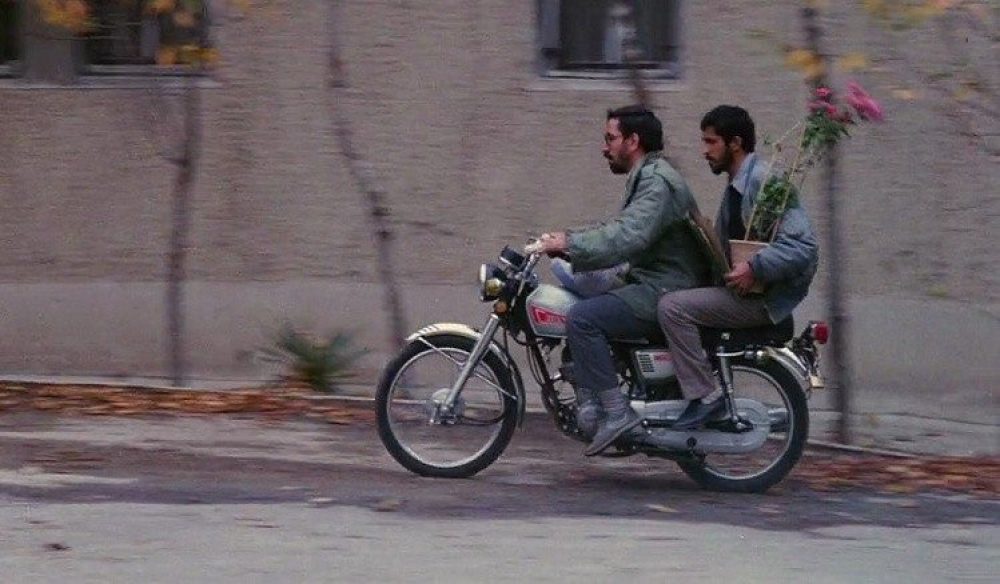It’s a common refrain that revolutions start with ideas; that it is philosophers, scholars, and other intellectuals that influence true change. I see this theory as largely correct; after all, Montesquieu’s works were sitting in the center of the table when America’s founders drafted the constitution, while Voltaire and Rosseau’s ideas were crucial in fomenting the French Revolution. However, I also believe that to elevate it as a universal truth is naive. While revolutions begin with ideas, they are generally enacted through brute force, in turn creating a climate in which it is the strongest and most resilient, not the ideologically “right” or “pure” are likely to emerge victorious.
Rubashov is the hero of Darkness at Noon and it is easy to see him as victorious. After all, he dies in noble silence in the same room where others had perished kicking, screaming, and begging. However, just because he maintained a poise and inner peace at his fatal hour does not mean he did not enter that hour a broken man. Rubashov was not only killed by the movement that he viewed himself as working tirelessly to support but was cowed by interrogation tactics that he had vowed to overcome. His ideological conviction in his innocence was thoroughly destroyed; he died having confessed to a series of crimes that, when originally arrested and still of sound mind, he knew he had not committed.
I think it is impossible to posit any of the characters as “right” or “wrong.” One rarely finds the comfort of “black and white” when attempting to objectively study a war or revolution; instead, there is “strong and weak,” those who have the power to enforce their personal convictions or motives and those who don’t. Through this lens, Gletkin is the book’s winner. Whether in pursuit of what he saw as ideologically right or simply of personal advancement, he destroyed both Rubashov’s will to survive and will to believe, turning him into a subservient and near-robotic product of the movement that he ironically helped to create. In my opinion, the defining quote from the book is Gletkin’s: “we have only one duty: not to perish.” This is far from a romanticized perspective; far from a statement that can ideologically inspire. However, it is a summation of world politics and conflict, which follow hierarchical not horizontal principles.

Matter over Mind: Brute Strength and Revolutionary Russia | Iran, Islam, and the Last Great Revolution Fall 2018